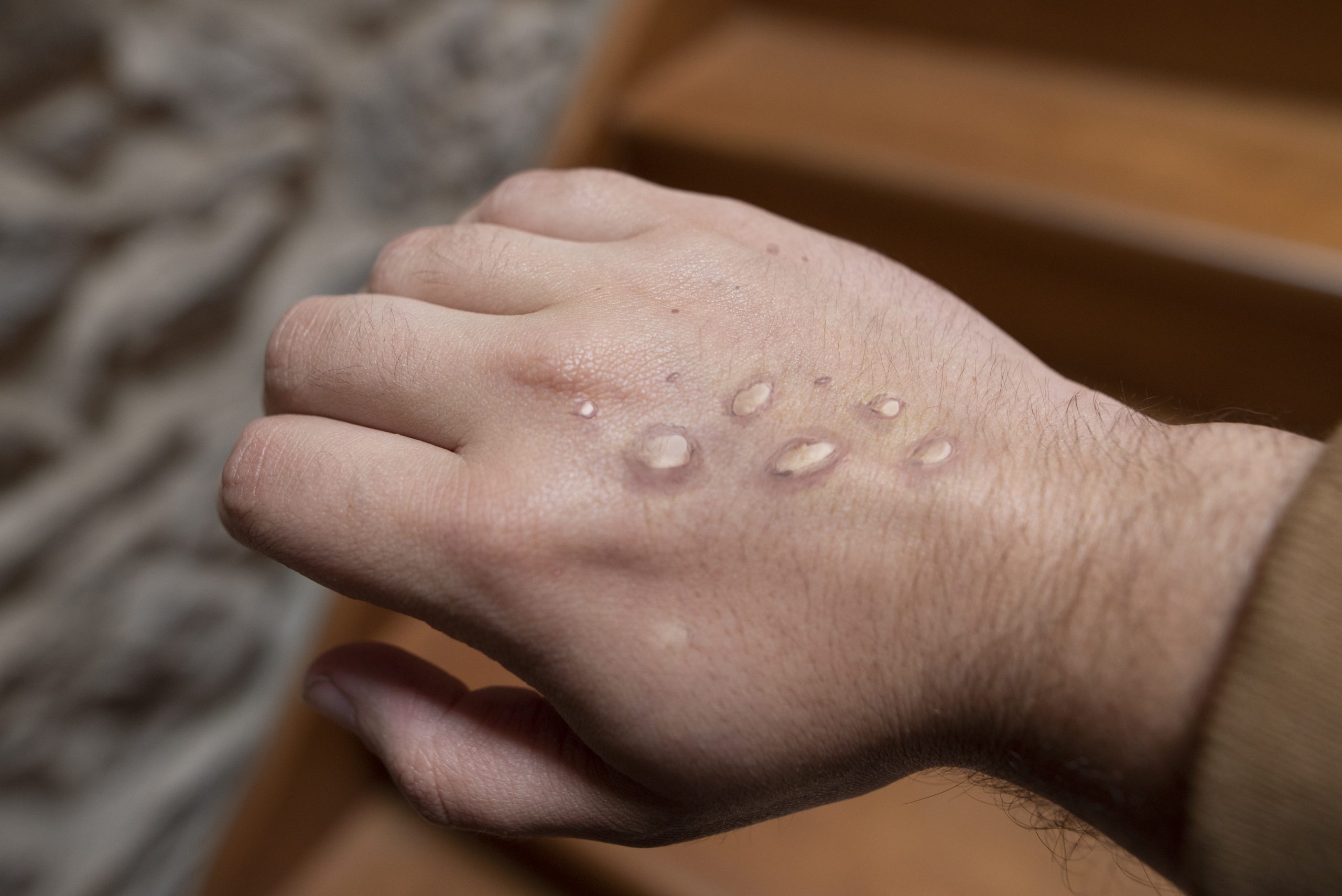“If WHO was really worried about monkeypox spread, they could have convened their emergency committee years ago when it reemerged in Nigeria in 2017, and no one knew why we suddenly had hundreds of cases,” said Oyewale Tomori, a Nigerian virologist. “It is a bit curious that WHO only called their experts when the disease showed up in white countries.”
Monkeypox had not previously produced sizable outbreaks outside of Africa until this month. No changes in the virus have been discovered that would indicate it is more contagious. A senior advisor for the organization stated that the increase in cases in Europe was probably related to sexual activity among gay and bisexual men at two raves in Spain and Belgium.
More than 3,300 cases of Monkeypox have been confirmed by the American Centers for Disease Control and Prevention so far in 42 countries where the virus is uncommon. Europe accounts for more than 80% of cases. Over 1,400 cases, including 62 fatalities, have already been reported in Africa this year.
Scientists warn that anyone in close contact with an infected individual or their clothing or bedsheets is in danger of infection, regardless of their sexual orientation. To date, the great majority of cases in Europe have been in males who are gay, bisexual, or other men who have sex with men. Those who have Monkeypox frequently experience symptoms like fever, body aches, and a rash; the majority recover on their own in a few weeks.
It is uncertain what effects would occur if WHO declared Monkeypox a global emergency.
“After COVID, WHO does not want to be the last to declare monkeypox an emergency,” said Amanda Glassman, executive vice president at the Center for Global Development. “This may not rise to the level of a COVID-like emergency, but it is still a public health emergency that needs to be addressed.”
Salim Abdool Karim, an epidemiologist and vice-chancellor at the University of KwaZulu-Natal in South Africa, believes that the WHO and other organizations need to do more to combat Monkeypox in Africa and elsewhere. However, he is not sure that declaring a global emergency would be beneficial.
“There is this misplaced idea that Africa is this poor, helpless continent when we do know how to deal with epidemics,” said Abdool Karim. He said that stopping the outbreak ultimately depends on surveillance, isolating patients, and public education.
“Maybe they need vaccines in Europe to stop monkeypox, but here, we have been able to control it with straightforward measures,” he said.



